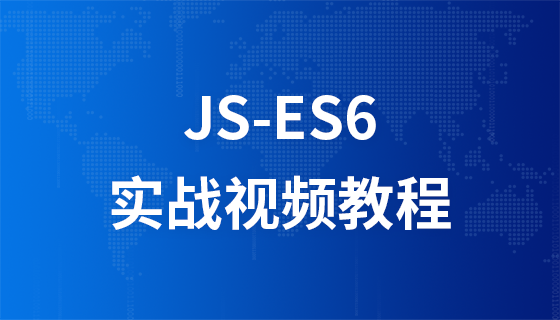這篇文章帶給大家的內容是關於ES6中私有變數的實作總結(程式碼範例),有一定的參考價值,有需要的朋友可以參考一下,希望對你有幫助。
在閱讀 《ECMAScript 6 入門》的時候,零散的看到有私有變數的實現,所以在此總結一篇。
class Example {
constructor() {
this._private = 'private';
}
getName() {
return this._private
}
}
var ex = new Example();
console.log(ex.getName()); // private
console.log(ex._private); // private#寫法簡單
調試方便
相容性好
外部可以存取和修改
語言沒有配合的機制,如for in 語句會將所有屬性枚舉出來
命名衝突
/**
* 实现一
*/
class Example {
constructor() {
var _private = '';
_private = 'private';
this.getName = function() {return _private}
}
}
var ex = new Example();
console.log(ex.getName()); // private
console.log(ex._private); // undefined#無命名衝突
/**
* 实现二
*/
const Example = (function() {
var _private = '';
class Example {
constructor() {
_private = 'private';
}
getName() {
return _private;
}
}
return Example;
})();
var ex = new Example();
console.log(ex.getName()); // private
console.log(ex._private); // undefinedconst Example = (function() {
var _private = Symbol('private');
class Example {
constructor() {
this[_private] = 'private';
}
getName() {
return this[_private];
}
}
return Example;
})();
var ex = new Example();
console.log(ex.getName()); // private
console.log(ex.name); // undefined/**
* 实现一
*/
const _private = new WeakMap();
class Example {
constructor() {
_private.set(this, 'private');
}
getName() {
return _private.get(this);
}
}
var ex = new Example();
console.log(ex.getName()); // private
console.log(ex.name); // undefined/**
* 实现二
*/
const Example = (function() {
var _private = new WeakMap(); // 私有成员存储容器
class Example {
constructor() {
_private.set(this, 'private');
}
getName() {
return _private.get(this);
}
}
return Example;
})();
var ex = new Example();
console.log(ex.getName()); // private
console.log(ex.name); // undefined優點
##相容性有點問題
有一定效能代價
5. 最新提案
class Point {
#x;
#y;
constructor(x, y) {
this.#x = x;
this.#y = y;
}
equals(point) {
return this.#x === point.#x && this.#y === point.#y;
}
}class Foo {
private value;
equals(foo) {
return this.value === foo.value;
}
}舉個例子,如果我們不使用#,而是使用private 關鍵字:
class Foo {
private value = '1';
equals(foo) {
return this.value === foo.value;
}
}
var foo1 = new Foo();
var foo2 = new Foo();
console.log(foo1.equals(foo2));在這裡我們新建了兩個實例,然後將foo2 作為參數傳入了foo1 的實例方法中。
那我們可以取得 foo2.value 的值嗎?如果我們直接
foo2.value肯定是取得不到值的,畢竟是私有變量,可是 equals 是 Foo 的一個類別方法,那麼可以取得的嗎?
答案是可以的。 其實這點在其他語言,比如說Java 和C 中也是一樣的,
,這是因為私有是為了實現「對外」的資訊隱藏,在類別自己內部,沒有必要禁止私有變數的訪問,你也可以理解為私有變數的限制是以類為單位,而不是以物件為單位,此外這樣做也可以為使用者帶來便利。
既然取得值是可以的,那麼列印的結果應該是 true,但是如果我們傳入的值不是 Foo 的實例,而是其他物件呢? var foo1 = new Foo();
console.log(foo1.equals({
value: 2
}));
這也意味著每次屬性存取都需要做這樣一個判斷,而引擎已經圍繞屬性存取做了高度優化,懶得改,而且還降低速度。
不過除了這個工作之外,還會有一些其他的內容需要考慮,比如說:
你必須將私有的key 編碼進每個詞法環境
for in 可以遍歷這些屬性嗎?
私有屬性和正常屬性同名的時候,誰會封鎖誰?
怎麼防止私有屬性的名稱不被偵測出來。
關於使用 # 而不使用 private 更多的討論可以參考這個 Issue。
而如果你選擇#,實作的方式將跟JavaScript 物件屬性完全沒有關係,將會使用
private slots的方式以及使用一個新的slot 尋找語法,總之就是會比private 的實作方式簡單很多。
#
以上是ES6中私有變數的實作總結(程式碼範例)的詳細內容。更多資訊請關注PHP中文網其他相關文章!
